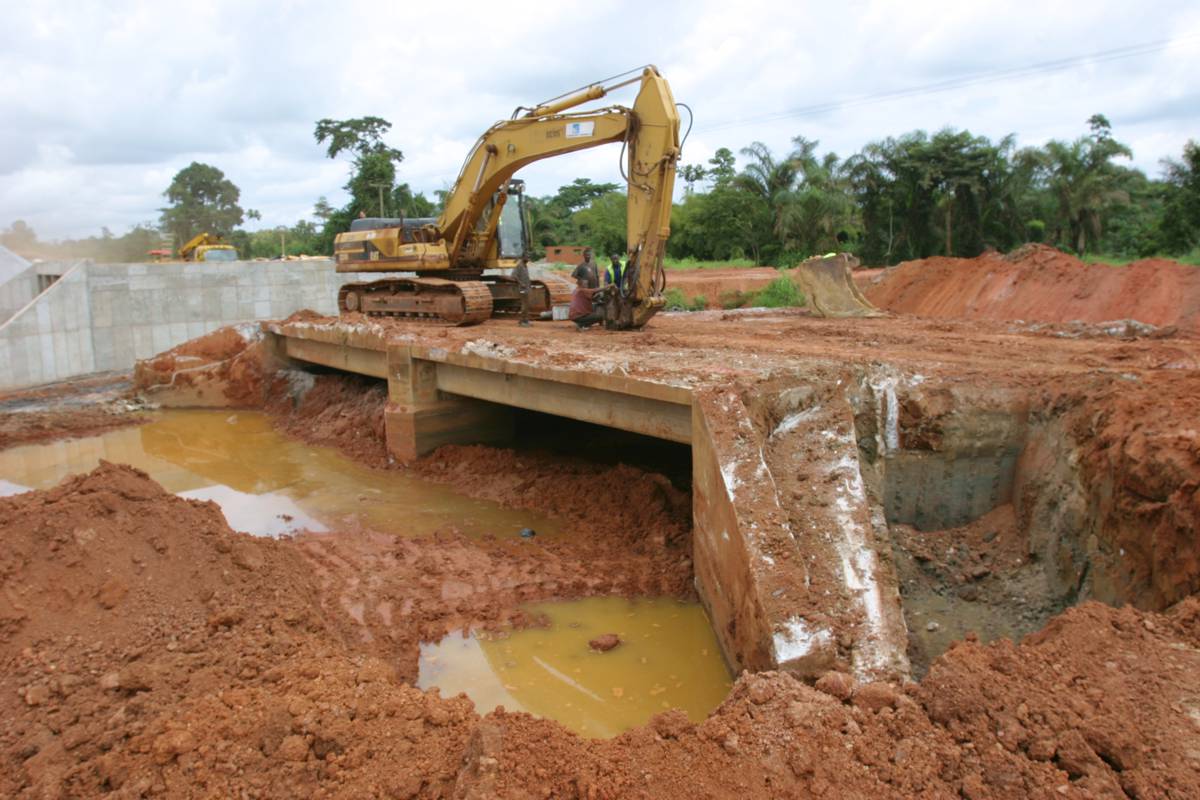World Bank $275m initiative to Elevate Transport and Trade in Nepal
The Government of Nepal, in partnership with the World Bank, has ushered in a new era of development with the unveiling of the Accelerating Nepal’s Regional Transport and Trade Connectivity (ACCESS) Project.
Pioneering a transformation in trade and connectivity, this landmark initiative, valued at an impressive $275 million (equivalent to NRs. 34.96 billion), aims to slash trade and transport costs while shortening transit times across strategically selected corridors within Nepal.
The official launch ceremony witnessed the presence of the Honourable Minister of Physical Infrastructure and Transport, Prakash Jwala, and the World Bank Vice President for South Asia, Martin Raiser, who jointly initiated the ambitious endeavour.
With a resolute emphasis on fortifying Nepal’s economic and infrastructural foundations, the ACCESS project intends to cultivate resilient infrastructure that unfurls the nation’s economic prowess by amplifying both domestic and regional connectivity and trade. “The ACCESS project will help develop resilient infrastructure in Nepal and help unlock Nepal’s economic potential through better connectivity and trade, both between the provinces as well as regionally,” declared the Honourable Minister Prakash Jwala.
At the core of this transformative venture is the elevation of a 69-kilometer two-lane stretch of the Butwal-Gorusinghe-Chanauta road along the pivotal East-West Highway. This transformation aims to evolve the road into a climate-resilient four-lane highway, underpinned by an unwavering commitment to road safety enhancements. The anticipated outcome is a remarkable 30 percent reduction in travel time, thereby catapulting better access to the western seaports of neighbouring India.
As a testament to its holistic vision, the project also outlines the establishment of at least three market areas equipped with essential internet and trade information facilities. This strategic augmentation is poised to foster enhanced economic opportunities, particularly for women entrepreneurs and traders. Furthermore, the initiative will provide instrumental support to expedite Nepal’s readiness and seamless implementation of the Motor Vehicle Agreement inked with Bangladesh, Bhutan, India, and Nepal. This accord paves the way for the unhindered movement of goods and passenger vehicles across these nations’ territories.
In the words of Martin Raiser, World Bank Vice President for South Asia Region: “Enhanced trade and transport connectivity promotes economic integration and opens larger markets among South Asian countries. The ACCESS Project will help improve regional trade and promote sustainable infrastructure development to support Nepal’s green, resilient, and inclusive development.”
As the curtains rise on this transformative journey, the ACCESS Project will be under the aegis of Nepal’s Ministry of Physical Infrastructure and Transport, Ministry of Industries, Commerce, and Supplies, and Ministry of Forests and Environment. The project’s financing pact, a collaborative feat inked in September 2022 between the Government of Nepal and the World Bank, marks an extraordinary step towards shaping Nepal’s destiny and underlines a shared commitment to a future marked by vibrant connectivity, prosperous trade, and sustainable growth.





























